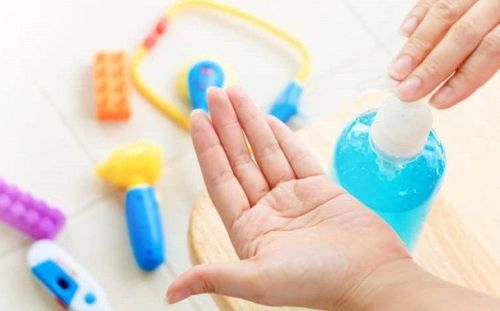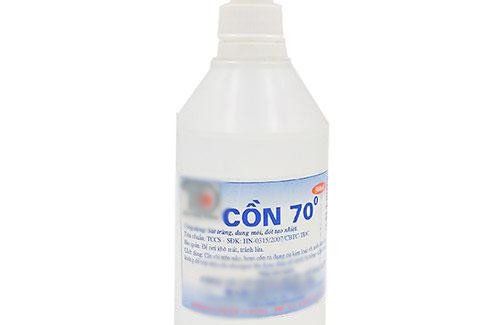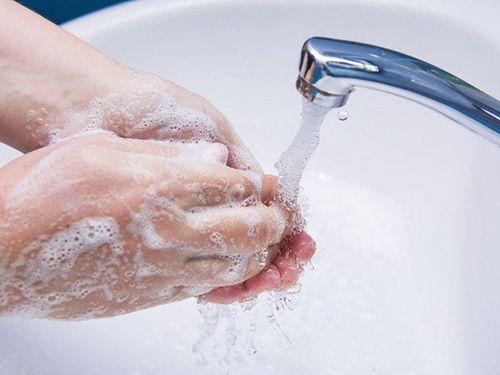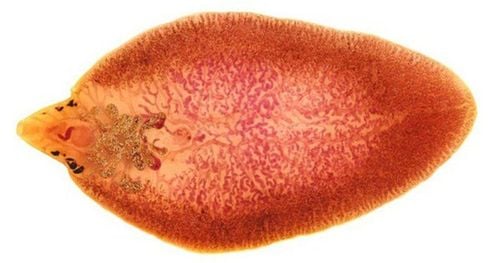This is an automatically translated article.
It's been scientifically proven that hand washing can reduce illness, but sometimes, we just don't do it. Research estimates that if everyone washed their hands regularly, we could save a million lives each year.1. Not washing your hands will spread germs
If you don't wash your hands when you have an infection, you can pass those germs on to friends and family and make them sick. If you place them on an object like a doorknob or handrail, you can infect people you don't even know. Be sure to wash your hands with soap after you use the bathroom. Because one gram of human feces can contain a trillion germs.
2. You can also get sick if you don't wash your hands
Not only spread to others, all germs can get to you. Your hands can carry germs to your eyes and mouth from places you don't even want to think about. And the illnesses that germs can cause can be serious.
Washing your hands with soap (much more effective than sanitizer or just washing your hands with water) can protect you from diseases like diarrhea, respiratory infections, etc.
3. Wash your hands to maintain your child's health to go to school
Usually, if kids don't wash their hands, they can get sick from all kinds of germs and keep them out of school. Hand washing education in schools can reduce gastrointestinal problems by up to 57%.

Duy trì thói quen rửa tay giúp trẻ an tâm đến trường học
4. Wash your hands to maintain health to work
Each year, the flu costs Americans about 17 million working days, or about $7 billion a year, in sick days. One of the ways you can avoid getting the flu is to wash your hands thoroughly with soap and water.
5. Wash your hands to reduce financial damage
Americans spend about $4.6 billion each year fighting the flu. That amount includes doctor visits, hospital stays, and medications. So washing your hands can also save you money.

Rửa tay để giảm thiệt hại về tài chính
6. Wash your hands to avoid intestinal problems
Diarrhea can be a sign of a larger disease like cholera or typhoid . Diarrhea is the second leading cause of death in children under 5 years of age. About 1.5 million children die each year from diarrheal diseases, mostly in Africa and Southeast Asia. One study found that hand washing with soap could prevent about 4 out of 10 cases of diarrhea.
7. Not washing hands can cause eye problems
Hand washing has been shown to prevent two eye diseases, pinkeye and trachoma. About 6 million Americans get pink eye each year from an infection. Trachoma is also a bacterial infection and a leading cause of blindness in the world.
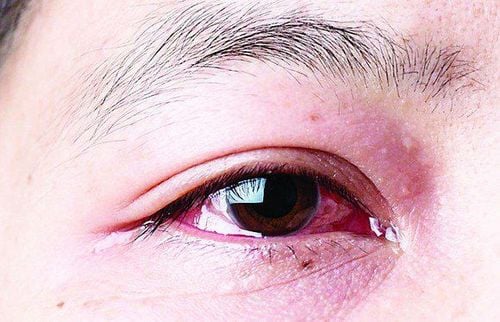
Không rửa tay có thể là một nguyên nhân gây đau mắt đỏ
8. Not washing hands can cause skin infections
Staphylococcus bacteria are germs commonly found on your skin and in your nostrils. If these germs get into an open wound, they can infect the skin or move deep into the skin and soft tissues.
From there, they can enter joints, bones and organs. They can even cause blood poisoning. Staphylococcus is the leading cause of infection in US healthcare facilities. Wash your hands with soap and water to prevent them from spreading.
9. Not washing hands can cause sepsis
When faced with an infection, the body's immune system can sometimes act on its own in the form of a serious illness called sepsis. It affects 1.7 million Americans each year and is responsible for nearly 270,000 deaths.
One of the most important ways to prevent sepsis is to wash your hands well, including before and after caring for someone who is sick.
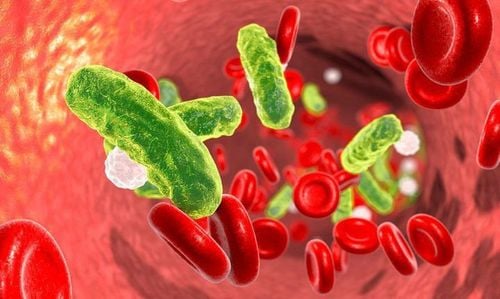
Nhiễm trùng huyết có thể xảy ra nếu bạn không rửa tay
10. How to wash your hands
Note when washing hands:
Soap water Scrub for at least 20 seconds Rinse Wipe/dry When to wash hands:
Before, during and after preparing food Before eating After you use the bathroom ( or helping a toddler) After petting a pet When you sneeze Anywhere, anytime bacteria can come in contact Hand sanitizer with 60% alcohol can also be used to disinfect hands , but using soap is still better to kill bacteria.
Please dial HOTLINE for more information or register for an appointment HERE. Download MyVinmec app to make appointments faster and to manage your bookings easily.
Article reference source: webmd.com




